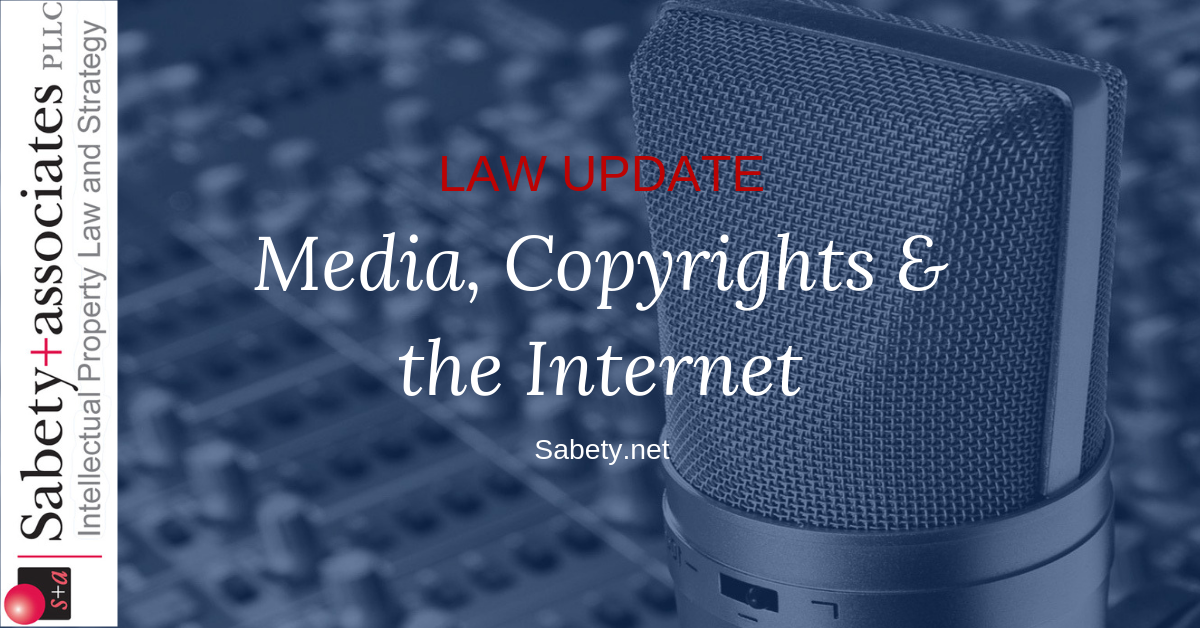U.S. Court of Appeals Guts Google’s “Fair Use” Defense against Oracle’s Copyright Infringement Claim
March 27, 2018
The U.S. Court of Appeals, Federal Circuit, reviewing the long record in this case in a 58-page opinion, concluded that Google’s copying was a “superseding use [that] is inherently unfair.” The Court found that “Android’s release effectively replaced Java SE as the supplier of Oracle’s copyrighted works and prevented Oracle from participating in developing markets”, referring to smartphones.
In order to reach this result, the Court marched through the multi-factor test that determines whether the fair use defense to copyright infringement applies. The Court first disposed of Google’s weak argument that the Android platform for smartphones was “non-commercial” because it was free and a “transformative use”, noting that “the purpose of [Google’s] packages in Android is the same as the purpose of the packages in the Java platform; and … smartphones were not a new context.”
Most interesting was how the Court disposed of the factor regarding the nature of the copyrighted work, which in this case centered on whether the “declaration” code that defines the software programming interface protocols was too functional to merit strong copyright protection. While the Court concluded that the jury’s determination that this was the case was reasonable, it considered that “this second factor ‘typically has not been terribly significant in the overall fair use balancing.’” The Court then relied on this policy argument: “We note, moreover, that allowing this one factor to dictate a conclusion of fair use in all cases involving copying of software could effectively negate Congress’s express declaration—continuing unchanged for some forty years—that software is copyrightable.” Some commentators will no doubt argue that not every software copyright case presents the “functionality” problem as acutely as this one involving merely the declarations of API function calls, and therefore the Court over-stepped.
Google’s case ran aground when the Court considered the effect of the copying on the market for the original copyrighted work. Apparently, Google admitted that compatibility between Google’s operating code and Java was not the purpose of the verbatim copying, and that aspect of the case was not raised on appeal. Rather, the facts below showed that “Google sought ‘to capitalize on the fact that software developers were already trained and experienced in using the Java API packages at issue.’” The Court reasoned that “… there is no inherent right to copy in order to capitalize on the popularity of the copyrighted work or to meet the expectations of intended customers.” There was additional evidence that the Android platform had both displaced Java and undermined its price point. Thus, the Court determined that the market effect factor “weighs heavily” against a “fair use” defense.
The Court reversed the lower court and remanded for a trial on damages—some guess in the billions– but invited a rehearing en banc. Given the large number of lawyers and amici curae listed at the front of the opinion, one can expect that this case is not over yet.

